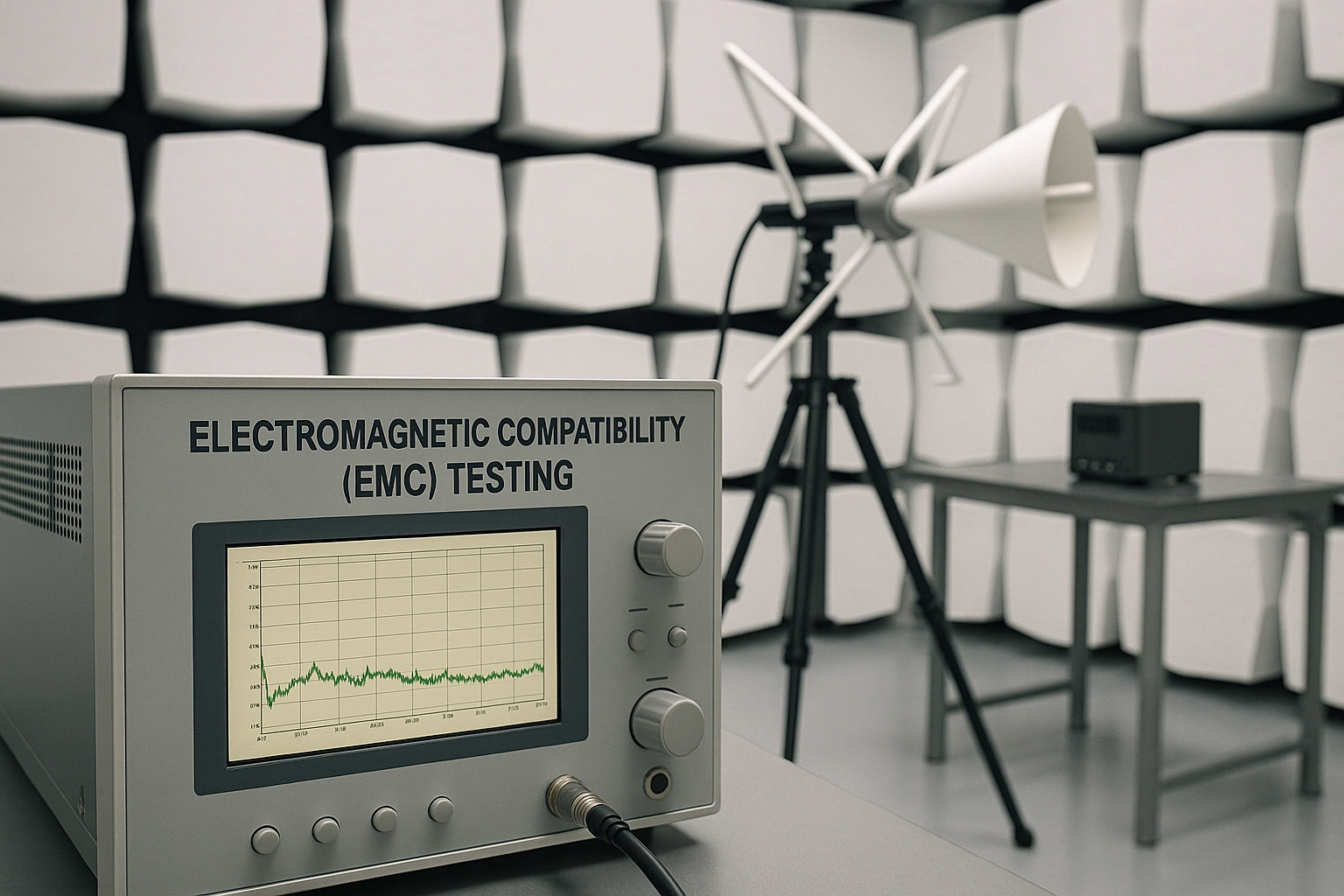EN 62368 EMC Test for Automotive Audio Video Systems
The EN 62368 standard is a crucial aspect of ensuring safety and electromagnetic compatibility (EMC) in modern automobiles. Specifically, the test related to automotive audio video systems aims at verifying that these components do not cause harmful interference with other electronic devices within the vehicle or external environment. This is achieved by assessing the system's ability to withstand electromagnetic disturbances without malfunctioning.
The process involves several stages where the audio and video equipment are subjected to controlled electromagnetic environments under specified conditions. These tests help manufacturers ensure that their products comply with international safety regulations, thereby protecting passengers from potential hazards caused by improper electrical discharge or interference. Compliance with these standards is mandatory for all automotive manufacturers aiming to enter European markets since it is harmonized with the ECE R10 regulation.
Our laboratory employs state-of-the-art facilities and experienced professionals who can perform this test meticulously according to EN 62368-1, which covers general requirements and tests. For more complex systems such as those found in advanced infotainment units or navigation devices, additional compliance checks may be necessary using other relevant standards like ISO/IEC 17025.
By adhering to EN 62368-1, we ensure that our clients' products meet all necessary regulatory requirements. Our testing services not only focus on meeting these standards but also provide valuable insights into how your product performs under various conditions which can aid in continuous improvement efforts. We understand the importance of maintaining high-quality audio and video experiences while ensuring safety measures are stringent enough to protect users.
Our team works closely with each client throughout every stage of the testing process, from initial consultation through final report generation. This collaborative approach allows us to tailor our services specifically for your needs, providing detailed reports that include both pass/fail results along with recommendations for any necessary modifications or improvements based on test outcomes.
Understanding the intricacies involved in complying with EN 62368-1 is essential for manufacturers who wish to successfully launch new products into competitive markets. By partnering with us, you gain access to comprehensive testing capabilities that go beyond mere compliance; they enable you to create safer, more reliable audio and video systems tailored specifically towards your target audience's expectations.
Our experienced staff ensures that all tests conducted are accurate and reproducible, adhering strictly to international standards such as EN 62368-1. This commitment to excellence guarantees that our clients receive high-quality results every time, ensuring their products meet not only current but also future regulatory requirements.
Moreover, we offer additional support services including technical advice on best practices for designing and manufacturing compliant products, assistance in interpreting test results, and guidance on potential areas of improvement. These comprehensive offerings ensure that our clients are well-equipped to navigate the complexities of EMC testing confidently.
Eurolab Advantages
At Eurolab, we pride ourselves on offering unparalleled quality and reliability in all aspects of our services. When it comes to EN 62368 EMC testing for automotive audio video systems, several factors set us apart:
- Expertise and Experience: Our team comprises highly skilled engineers with years of experience in the field. They stay updated with the latest industry trends and regulations to provide accurate and relevant advice.
- State-of-the-Art Facilities: Equipped with cutting-edge equipment, our laboratory ensures precise measurements and reproducible results.
- Comprehensive Reporting: Detailed reports accompany each test result, providing clear insights into product performance and potential areas for enhancement.
- Collaborative Approach: We work closely with clients to understand their unique requirements and deliver tailored solutions.
Competitive Advantage and Market Impact
Complying with EN 62368-1 is not just a regulatory requirement; it's an opportunity for companies to gain a competitive edge in the automotive market. By demonstrating adherence to these stringent standards, manufacturers can:
- Earn consumer trust through proven safety measures.
- Ensure compatibility with other electronic systems within vehicles and external environments.
- Facilitate easier entry into European markets due to harmonization with ECE R10 regulations.
- Avoid costly recalls or product rejections after launch.
In today's highly competitive market, these advantages can significantly impact a company’s reputation and sales figures. By partnering with Eurolab for EN 62368-1 testing, manufacturers ensure they meet all necessary requirements while also gaining valuable insights into product performance and potential areas for improvement.
Use Cases and Application Examples
The application of EN 62368 EMC test procedures extends far beyond mere compliance; it directly impacts various aspects of automotive design and manufacturing:
- Infotainment Systems: Ensures that audio and video systems do not interfere with other vehicle electronics or external devices.
- Navigation Devices: Guarantees accurate signal transmission without interference from surrounding electromagnetic fields.
- Entertainment Systems: Provides assurance regarding the reliability of these systems under various environmental conditions.
In practice, this translates into safer driving experiences for consumers and reduced risk of product failures. For instance, a navigation device that meets EN 62368-1 standards will perform consistently even in areas with high electromagnetic interference such as urban environments or near power lines.
Furthermore, compliance with these standards can lead to enhanced brand reputation among environmentally conscious consumers who value safety and reliability. It also opens doors for international expansion into markets where stringent regulatory requirements are enforced.





